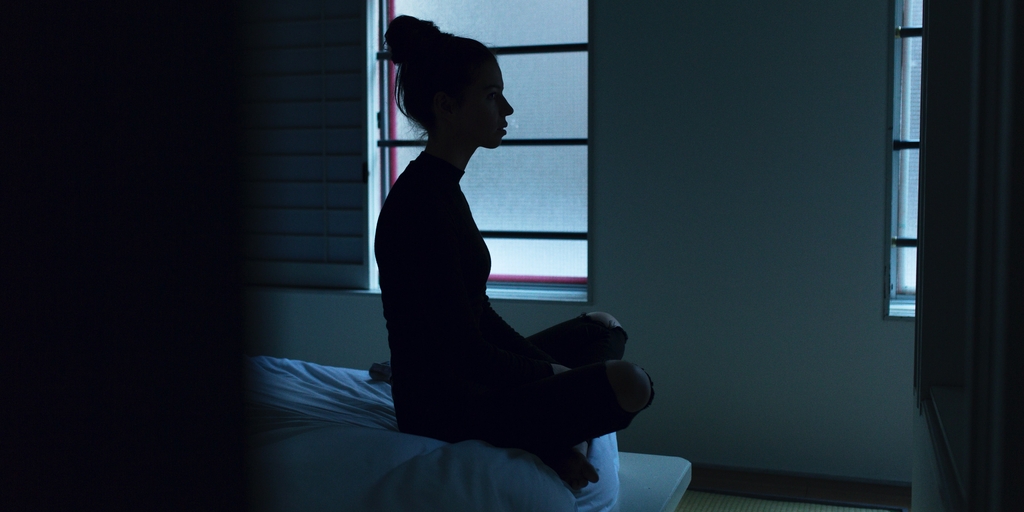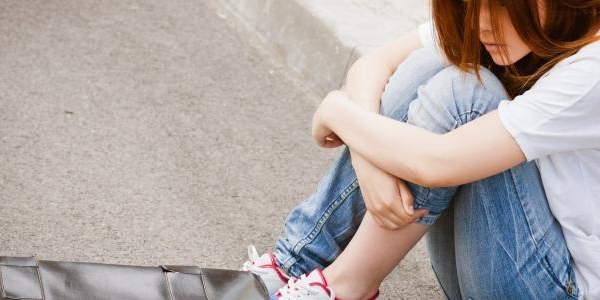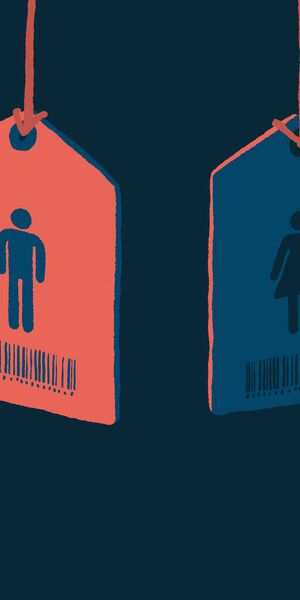Support for child victims of trafficking on “cliff edge”
Human Trafficking
This week the Home Affairs Select Committee continued its inquiry on modern slavery, hearing from experts who highlighted startling gaps in support for child victims of trafficking.
Under the Modern Slavery Act 2015, children were supposed to be assigned an Independent Child Trafficking Advocate (ICTA) to help support them although the Government has yet to bring this part of the law into force.
Child victims of trafficking have many needs. They need safe accommodation, legal advice, help with asylum applications or consular support. They of course need education and medical care and may need help accessing other specialist services.
These multiple needs mean they have to engage with an array of different state agencies which can be extremely traumatic. An ICTA is a single-point of contact for the child, who liaises with the different agencies and police force on behalf of the child, supports and advocates for them. Recent interim findings from the early adopter sites that are trialling the ICTA schemes demonstrated their immense value.
However, this provision is yet to be fully implemented. The project began with just three sites and an expansion announced last month will still see only one third of England and Wales will be covered by April2019.
Not only are large parts of the country not yet covered by the scheme, but the Committee heard this week about a worrying “cliff edge” drop in support once a child turns 18.
At a child’s eighteenth birthday they can no longer receive support from an advocate even if the child is still waiting for an official decision from the authorities recognising them as a victim. Whereas adults receive consistent support during the whole process up until a decision is made, at the age of eighteen even if that is in the middle of the process a child will have to move into “leaving care” services and at the same time will lose the specialist support of the advocate with whom they have built up a relationship. Barnardo’s, who run the ICTA scheme, told MPs that there needs to be better coordination to give victims a smoother transition into other services.
No data is available for how many children this has affected.
The Government has said that young people in this situation are eligible to receive support under the service for adult victims but the comments from Barnardo’s to the Home Affairs Committee this week suggests that is either not happening or is not offering sufficient protection.
This is deeply concerning. Evidence shows that child victims of trafficking frequently go missing and often end up back in the hands of their traffickers – and the time that children have to move into “leaving care services” is recognised as a particular danger time.
The latest figures show that children made up nearly half (41 per cent) of the total number of suspected trafficking victims in the UK, and this number rose by 66 per cent compared to the previous year.
CARE campaigned for the introduction of child trafficking advocates and we are concerned that young people are falling through the gaps in the system – we look forward to seeing what the Committee will recommend on this issue and will work hard to ensure young victims receive adequate protection.
CARE Senior Policy Officer – Human Trafficking, Louise Gleich said:
“Trafficked children are one of the most vulnerable groups in society. The Government must take note of these concerns and ensure that young victims of trafficking receive adequate protection and support, especially as they make the transition out of care and to adult services.
“They should do this by making sure that every child victim of trafficking will soon have an Independent Child Trafficking Advocate as Parliament intended in the Modern Slavery Act and look again at the role of ICTAs in supporting with young people aged 17 and 18.
“Government delays to rolling out this scheme are unnecessary. All the trials have demonstrated the necessity of them and the invaluable support they provide.”
Lord McColl’s Bill recommended again to the Committee
The Home Affairs Committee also heard evidence about the gaps in support for adult victims. Lara Bundock, Chief Executive of Snowdrop, which CARE works alongside in the Free for Good campaign recommended that the Government should back Lord McColl’s Bill if it wants to improve support for victims of modern slavery.
The Committee heard several cases of victims being left destitute because of the lack of long-term support, which the Bill addresses. CARE hopes that the Committee’s report will recommend Lord McColl’s Bill to be made law and put pressure on the Government to back the Bill.





Share story
Support for child victims of trafficking on “cliff edge”